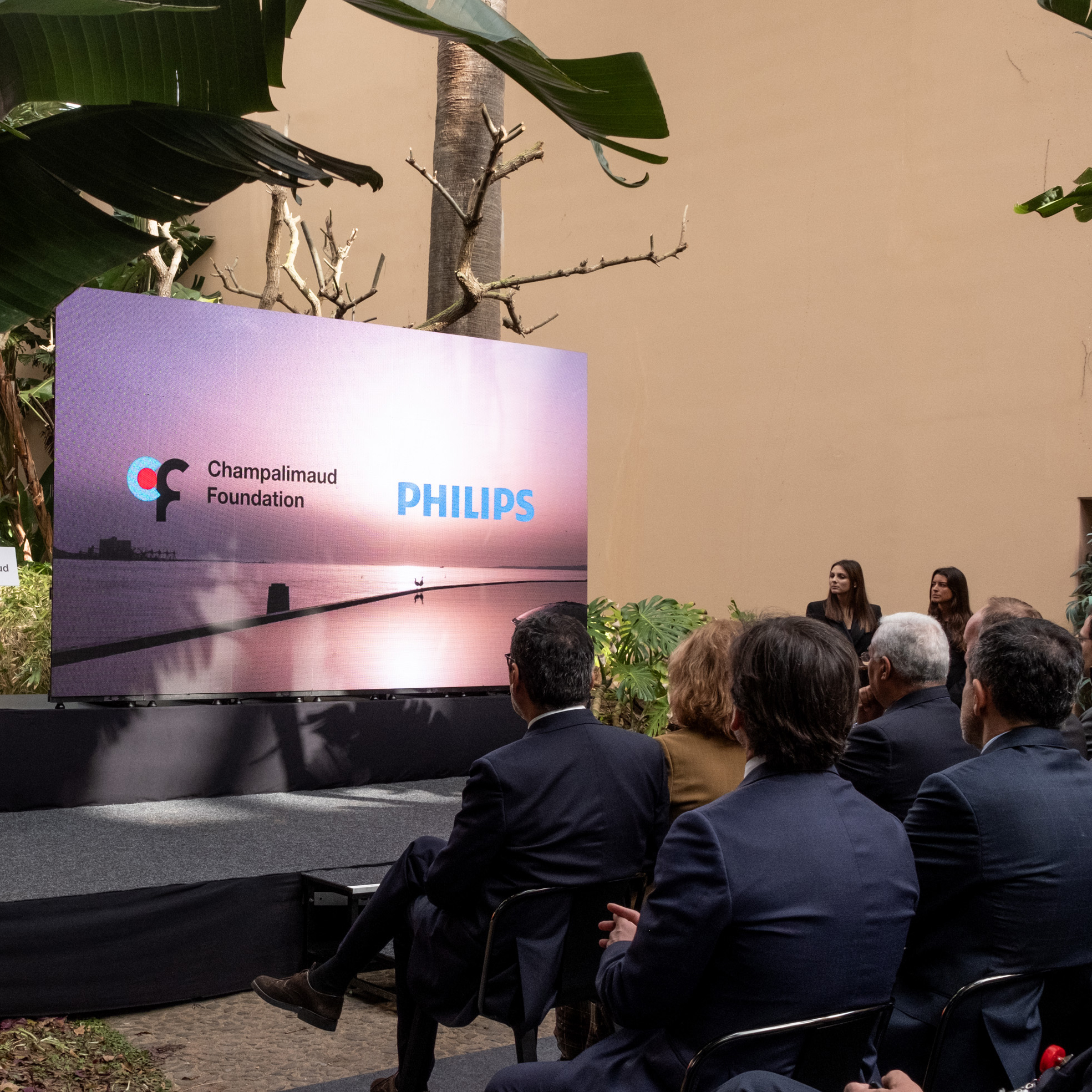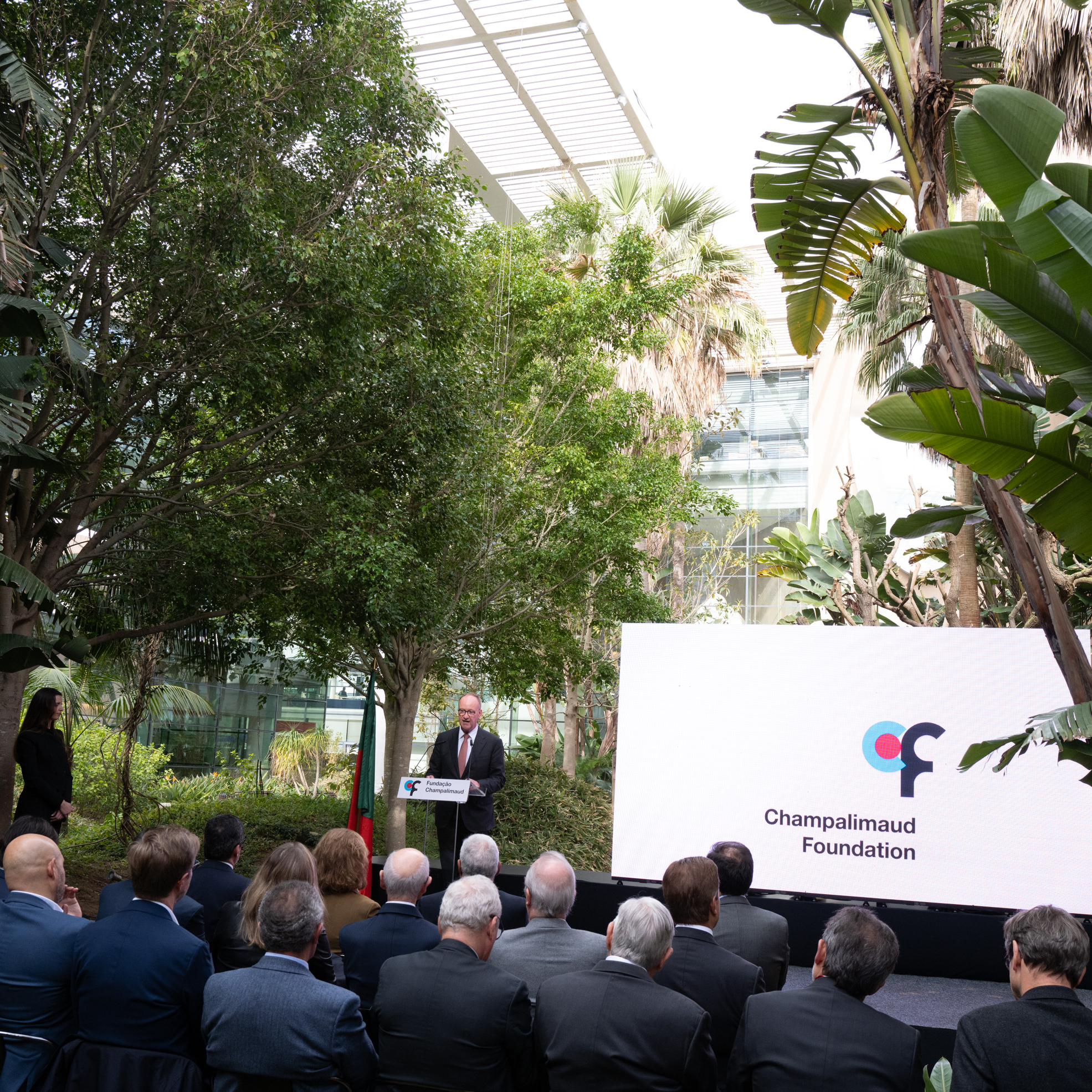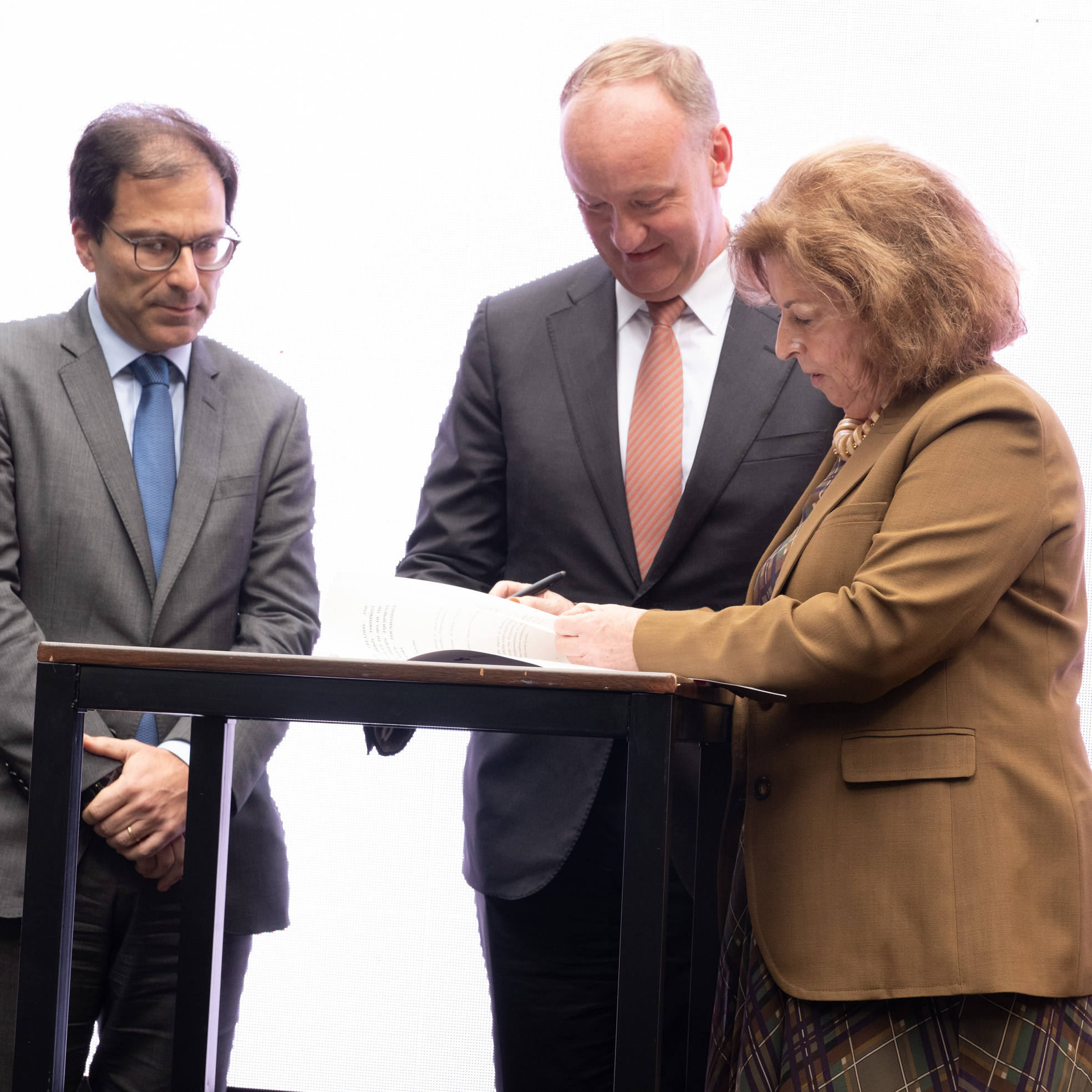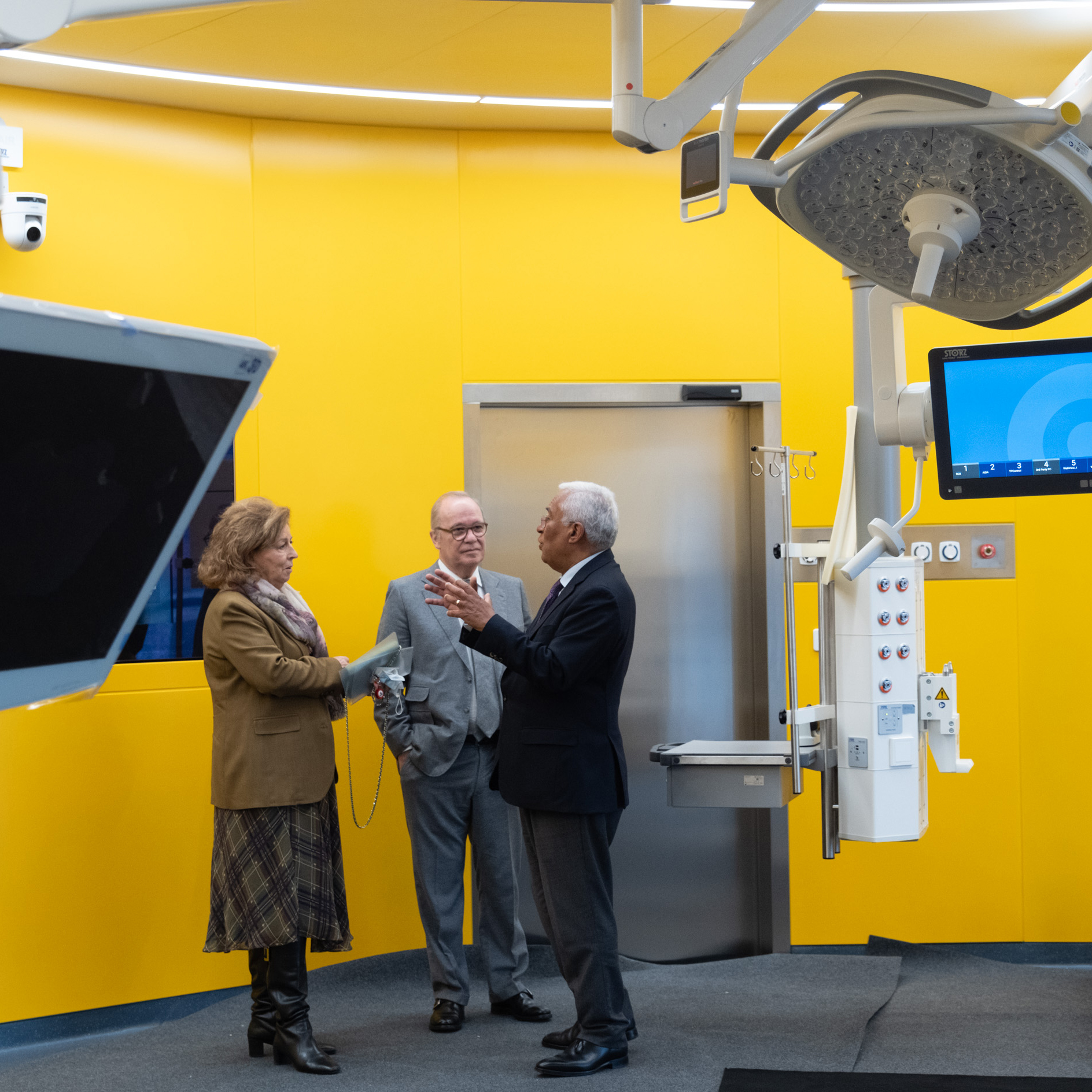The Champalimaud Foundation and Philips celebrate (9th March 2023) an unprecedented partnership that, in five years, will reduce the carbon footprint of the Foundation's imaging equipment by 50%.
Global healthcare systems are responsible for significant carbon emissions – more than aviation or the shipping industry. If the health sector were a country, it would be the fifth largest polluter on the planet.
Human health and environmental health are intertwined. This sector has a huge opportunity to tackle climate change, which affects a wide range of human health outcomes and dramatically impacts the lives and livelihoods of millions of people around the world.
This cooperation between the Champalimaud Foundation and Philips is based on three fundamental pillars that were designed to achieve the project's objectives: EcoDesign, Circular Economy and Energy Efficiency. These pillars are based on values that aim to reduce the need to use new resources, and recycle materials to allow them to have a longer lifespan.
“The health sector cannot ignore its contribution to carbon dioxide emissions. This impact requires recognition of the need for change and the consequent adoption of mitigation measures. This partnership will make it possible to reduce the impact that the health sector has on the environment, guaranteeing the best health care for our patients” – assures Leonor Beleza, President of the Champalimaud Foundation.
The partnership between the Champalimaud Foundation and Philips will ensure the efficient use of equipment, without compromising the quality of healthcare, and will also improve energy efficiency, in order to avoid the use of hazardous substances, optimising the use of resources. In addition to technological innovation, this joint programme will allow for operational development through the introduction of more environmentally friendly work methods.
This partnership recognises the environmental impact of imaging and therefore the Champalimaud Foundation commits to replacing all the equipment in this area, in order to ensure carbon neutrality.
Deloitte was appointed to arbitrate the reporting methodology (ReCiPe), carry out an external baseline calculation of equipment use and monitor the Carbon Footprint reduction plan over the five year period. “In addition to improving patient outcomes and increasing efficiency, healthcare providers are increasingly focused on mitigating their impact on the environment and making more sustainable choices,” said Peter Vullinghs, Market Leader, Europe at Philips. “We have a strong track record of embedding sustainability into our solutions, operations and throughout the supply chain. Drawing on this extensive experience, we are partnering with the Champalimaud Foundation to make a radical change in their environmental impact, allowing them to advance in their goal of promoting prevention, early diagnosis and treatment of cancer”.
The new equipment will make it possible to improve diagnosis and the development of image visualisation solutions and minimally invasive intervention technology, providing faster and more accurate diagnosis, treatment and research. As a world leader in scientific and technological innovation, the Champalimaud Foundation is committed to investing in cutting-edge technology to ensure the best quality of service it provides to its patients, while contributing to a more resilient and sustainable healthcare industry.




